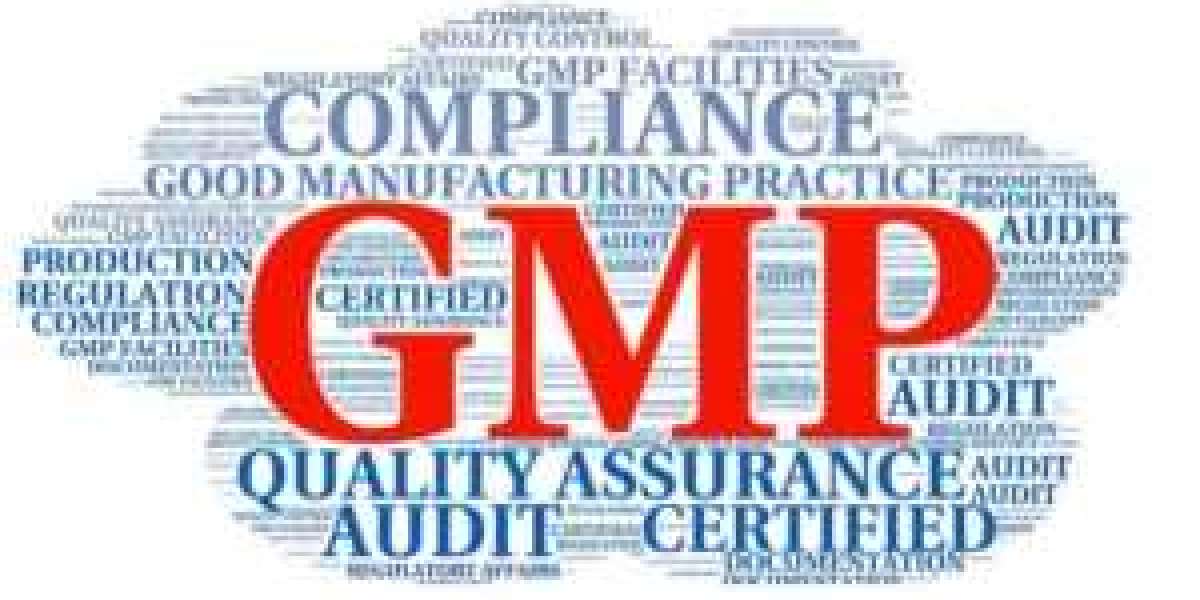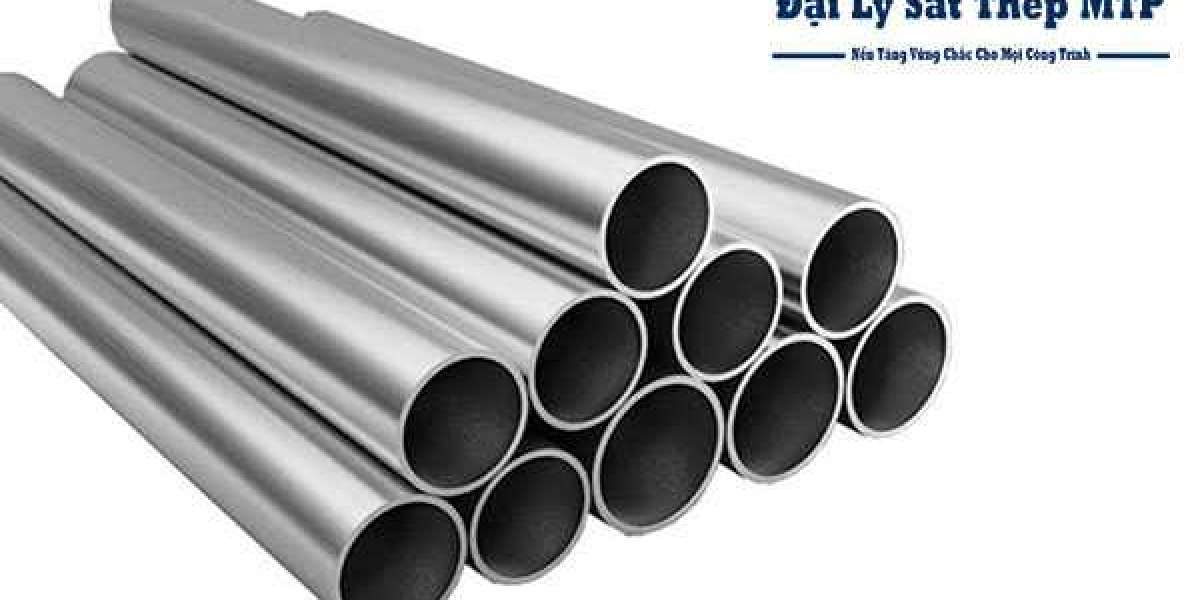Introduction:
Good Manufacturing Practices (GMP) training plays a crucial role in the pharmaceutical and food industries, ensuring that products meet the highest standards of quality, safety, and efficacy. GMP encompasses a set of guidelines and regulations that govern the production and distribution of goods, emphasizing the importance of consistency, hygiene, and traceability throughout the manufacturing process.
Key Elements of GMP Training:
Quality Assurance: GMP training instills a culture of quality assurance within an organization. Employees learn the importance of maintaining consistent and high-quality standards at every stage of the manufacturing process. This includes proper documentation, adherence to protocols, and rigorous testing to identify and mitigate potential risks.
Hygiene and Sanitation: Maintaining a clean and sanitary environment is paramount in GMP. Training programs educate employees on the significance of personal hygiene, clean facilities, and sanitized equipment to prevent contamination. This focus on cleanliness not only ensures product quality but also contributes to the safety of consumers.
Documentation and Record Keeping: GMP training emphasizes meticulous documentation and record-keeping practices. This includes detailed logs of manufacturing processes, equipment calibration, and quality control measures. Accurate documentation is essential for traceability, allowing companies to track and address any issues that may arise during production.
Compliance with Regulatory Standards: Staying abreast of evolving regulatory standards is a key aspect of GMP training. Employees are educated on the latest guidelines and regulations to ensure that manufacturing processes align with industry standards. Compliance with these standards not only safeguards the reputation of the company but also ensures the safety of the end-users.
Risk Management: GMP training equips employees with the skills to identify and mitigate potential risks in the manufacturing process. This proactive approach to risk management is vital for preventing quality issues, product recalls, and other adverse outcomes. By instilling a culture of continuous improvement, GMP training fosters a commitment to identifying and addressing potential challenges.
Conclusion:
In conclusion, GMP training is an indispensable component of ensuring the quality and safety of products in the pharmaceutical and food industries. By educating employees on the principles of good manufacturing practices, organizations can foster a culture of excellence, compliance, and continuous improvement. The investment in GMP training not only protects consumers but also contributes to the long-term success and reputation of the company. As the global marketplace becomes increasingly competitive, companies that prioritize GMP training position themselves as leaders in delivering high-quality, safe, and reliable products to the market.








